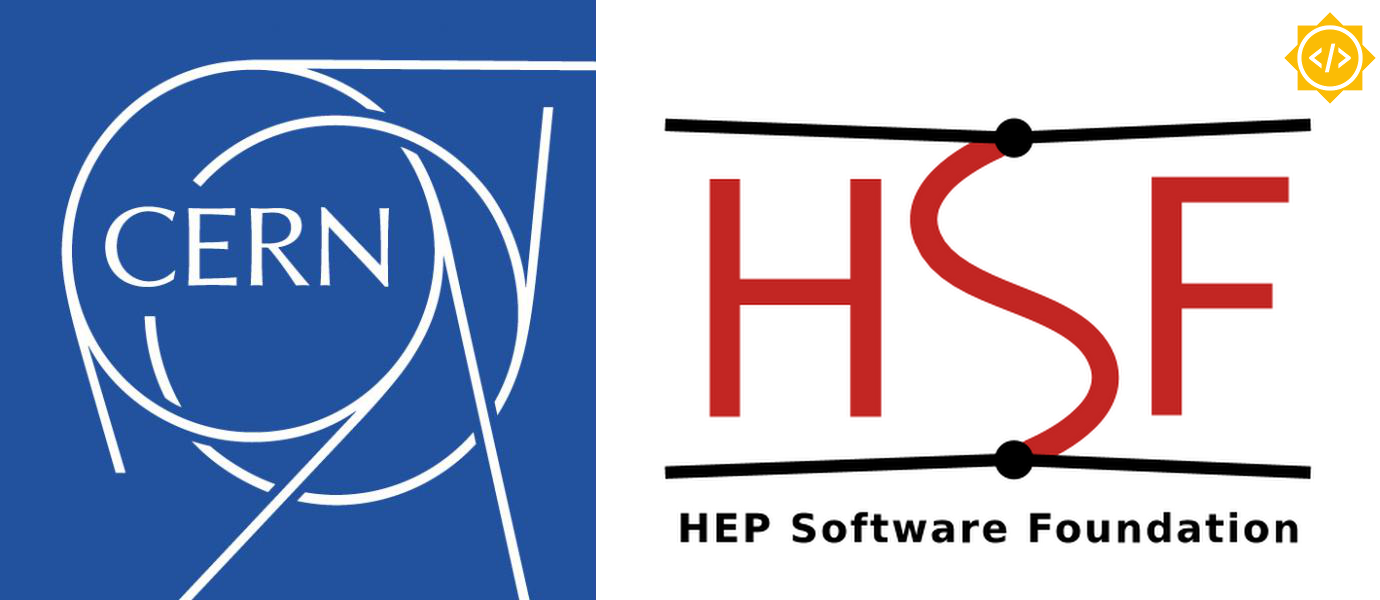 Google Summer of Code 2021
Google Summer of Code 2021
Introduction
Google Summer of Code is a program that allows students to contribute to the development of open-source projects, mentored by participating organizations.
Particle physics is an exciting field where large collaborations of scientists collect and analyze petabytes of data from high-energy physics experiments, such as those at the Large Hadron Collider, hosted at the CERN laboratory in Geneva, Switzerland. Some of the questions that we collectively ask are:
- what are the fundamental blocks that make up our Universe?
- what is the nature of dark matter and dark energy?
- what is the nature of the asymmetry between matter and antimatter?
- what was early Universe like?
To answer these questions, particle physicists build software to simulate and analyze what happens in particle physics detectors.
The CERN software for experiments (CERN EP-SFT) group has participated in the GSoC since 2011. Since 2017 the program has expanded to involve the high-energy physics community under the umbrella of the HEP Software Foundation.
Information from last year’s GSoC can be found here.
GSoC 2021
In 2021 HSF is participating in the program as a GSoC umbrella organization, under the name CERN-HSF. The HSF project ideas are listed below. There are important changes in the program rules and the timeline compared to the previous year, described in the GSoC 2021 announcement. Most notably, the student project duration has been halved (175 hours instead of 350). Adapting to this new timeline, CERN-HSF is proposing this year shorter projects having well-defined deliverables.
The selection process in our organization was split in two phases. All candidates had to pass pre-selection evaluation tests prepared by mentors, demonstrating the skills needed for the respective projects. The successful candidates had a detailed exchange with mentors on a given project idea, and their proposals were evaluated for the final student selection. The detailed timeline of these phases is shown below.
The blog posts made by our 2021 students are available here.
For Students
If you are interested in the HSF projects, please start by having a look at our guidelines for students.
New projects for HSF GSoC in 2021 will be published by February 19. Meanwhile you can take a look at last year’s HSF GSoC projects since many of those may also propose subjects this year. The student application period will begin on March 29, but discussions about student project ideas with mentors will take place starting on March 9, when the list of accepted Organizations is announced. You are encouraged to monitor this website in order to get acquainted with our projects and be prepared for contacting their mentors. Due to the high number of applicants for CERN-HSF projects, the application period procedure become more formal this year, so please try to follow our guidance.
Please avoid having the first contact with the mentors of HSF projects before March 9 or after March 20! You are encouraged to take the time to read our project proposals until March 9, focusing on only one or two projects that attract your interest. Once you have identified those, you should e-mail the respective mentors, attaching your CV and describing the motivation for your choice. The mentors will first propose an evaluation test, waiting for your solution. Note that the test you are given is private, your solution should be personal and the response time is part of the evaluation. Mentors will let you know the test results, and if you passed they will start discussing and helping you develop a project idea. The student application period is March 29 - April 13, when you will have to write and review your proposal with help from your mentors.
For further information, feel free to contact the HSF GSoC admins or join our open chat channel below. Note that the channel is intended for exchanging with the admins, the other candidates and some of the CERN-HSF students from previous year, and we do not maintain a mailing list for candidates. Please avoid posting extended information about yourself in the chat channel and reserve this for the direct exchange with the mentors.
hsf-gsoc-admin@googlegroups.com
For Projects and Mentors
Instructions for participating projects and mentors can be found here. The main differences compared to last year are that proposals have to be tuned for 175-hour project length, and the target objectives must be well-defined deliverables.
We have a mentor-only Google group where we handle all announcements related to GSoC for our HSF Umbrella Organization. Please write us a mail to hsf-gsoc-admin@googlegroups.com if you want to add your preferred email to this list. Note that all participating mentors in 2021 HSF GSoC will have to be added to this group. Please let us know if for some reason your want your mail removed from this list.
For new HEP-related groups wishing to join HSF GSoC umbrella rather than being independent organizations: there is no formal procedure, you will just need to add a description and logo for your organization. Note that your project needs to have some connection with high-energy physics to join us. We need one contact person for each new group, so please write us an e-mail.
Timeline
| Dec 18, 2020 | Announcement of GSoC 2021 program in HSF |
| Jan 15 | Call for 2021 HSF GSoC projects and mentors |
| Jan 15 - Feb 15 | Mentors add project proposals available on the HSF GSoC website |
| Mar 9 | Accepted Organizations announced by Google |
| Mar 9 - Mar 20 Extended. | Phase 1 selection Candidates have a first contact with project mentors. |
| Mar 20 - Mar 25 Extended. | Mentors announce to students the result of phase 1 selection |
| Mar 20 - Apr 6 | Candidates discuss with mentors their project idea, timeline and objectives |
| Apr 6 - Apr 13 | Mentors help candidates improving their proposals, proposals are submitted |
| Apr 13 | Student application deadline |
| Apr 14 - Apr 20 | Phase 2 selection Mentors evaluate and rank student proposals. |
| Apr 20 | Rankings due for mentors, sent to HSF Org Admins |
| Apr 21 - Apr 27 | Admins propose a range of slots to be asked |
| Apr 28 - May 2 | HSF committee validates the range of slots and the projects in reserve |
| May 3 | Student slot requests due for Org Admins |
| May 13 | Student Project selections due from Org Admins |
| May 17 | Accepted student projects announced |
Projects in 2021
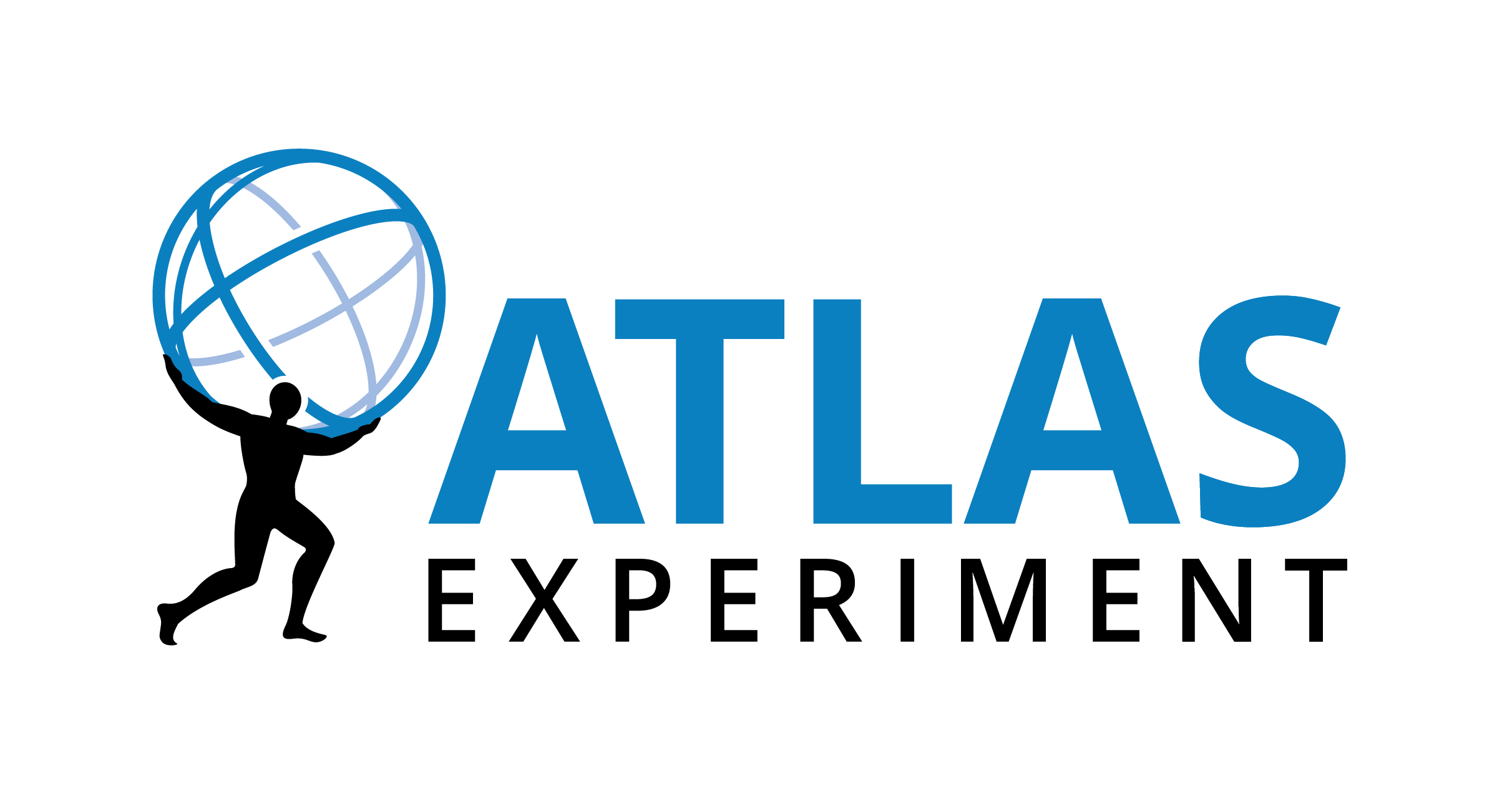 |
ATLAS is one of the four major experiments at the Large Hadron Collider (LHC) at CERN. It is a general-purpose particle physics experiment run by an international collaboration and is designed to exploit the full discovery potential and the huge range of physics opportunities that the LHC provides. |
List of proposals |
 |
CERNBox is a cloud synchronisation service for end-users: it allows syncing and sharing files on all major mobile and desktop platforms (Linux, Windows, MacOSX, Android, iOS) aiming to provide offline availability to any data stored in the CERN EOS infrastructure. |
List of proposals |
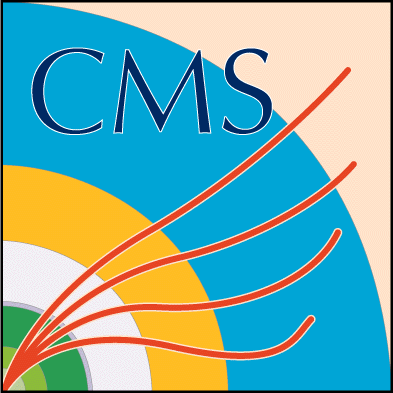 |
CMS is a high-energy physics experiment at the Large Hadron Collider (LHC) at CERN. It is a general-purpose detector that is designed to observe any new physics phenomena that the LHC might reveal. CMS acts as a giant, high-speed camera, taking 3D “photographs” of particle collisions from all directions up to 40 million times each second. The CMS collects few tens of Peta-Bytes of data each year and processes them through Worldwide LHC Computing Grid infrastructure around the globe. |
List of proposals |
 |
The CernVM-File System (CVMFS) is a global, read-only POSIX file system that provides the universal namespace /cvmfs. It is based on content-addressable storage, Merkle trees, and HTTP data transport. CernVM-FS provides a mission critical infrastructure to small and large HEP collaborations. |
List of proposals |
 |
Ganga is a computational task-management tool, which allows for the specification, submission, bookkeeping and post-processing of computational tasks on a wide set of distributed resources. Ganga has been developed to solve a problem increasingly common in scientific projects, which is that researchers must regularly switch between different processing systems, each with its own command set, to complete their computational tasks. Ganga provides a homogeneous environment for processing data on heterogeneous resources. |
List of proposals |
 |
HFLAV representatives incorporate the latest results in particle physics as they are published. Measurements of the same, or related, quantities by different experiments are combined using a statistically-robust procedure, to provide a community-resource for particle physicists to refer to when planning or interpreting their measurements. Averages are published every two years, though the web-portal is of greater importance in day-to-day work. The averaging is often Python-based. |
List of proposals |
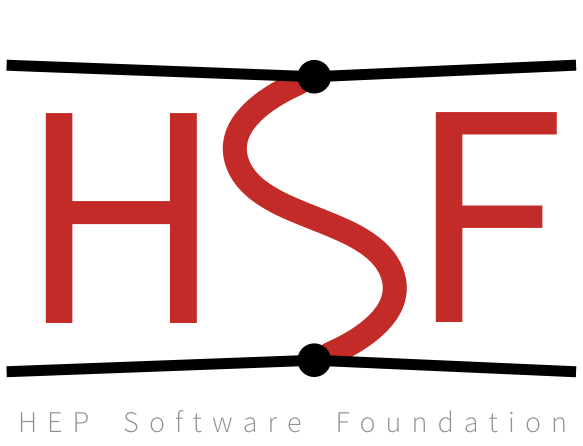 |
The HEP Software Foundation encourages cooperation and common development of software in High Energy Physics. The HSF hosts a number of software projects where developers are working to solve current problems in particle physics. |
List of proposals |
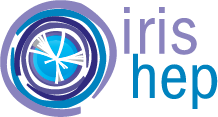 |
IRIS-HEP aims to develop the state-of-the-art software cyberinfrastructure required for the challenges of data intensive scientific research at the High Luminosity Large Hadron Collider (HL-LHC) at CERN, and other planned HEP experiments of the 2020’s. |
List of proposals |
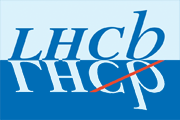 |
LHCb is one of four major experiments at the Large HAdron Collider at CERN. Its purpose is to investigate the CP violations and to understand why there is matter in the World. This highly- customized spectrometer is used in the physics research beyond the Standard Model with high-precision measurements of particles produced in high-energy proton-proton collisions. Its current upgrade for Run 3 is widespread and involves supdetectors, data collection systems and analysis algorithms. |
List of proposals |
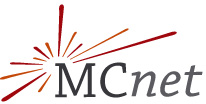 |
MCnet is a collaboration between the developers of the major collision-event modelling tools used at the Large Hadron Collider (LHC) and beyond. These codes are so-called “MC event generators”, theoretical physics packages that evaluate and sample from quantum mechanical distributions to create simulated particle collisions. MC generators are an essential component of both modern particle physics experiments and theory, and provide a crucial bridge between those two communities. MCnet projects include both event generators themselves, and tools that connect them to both experiment and theory. |
List of proposals |
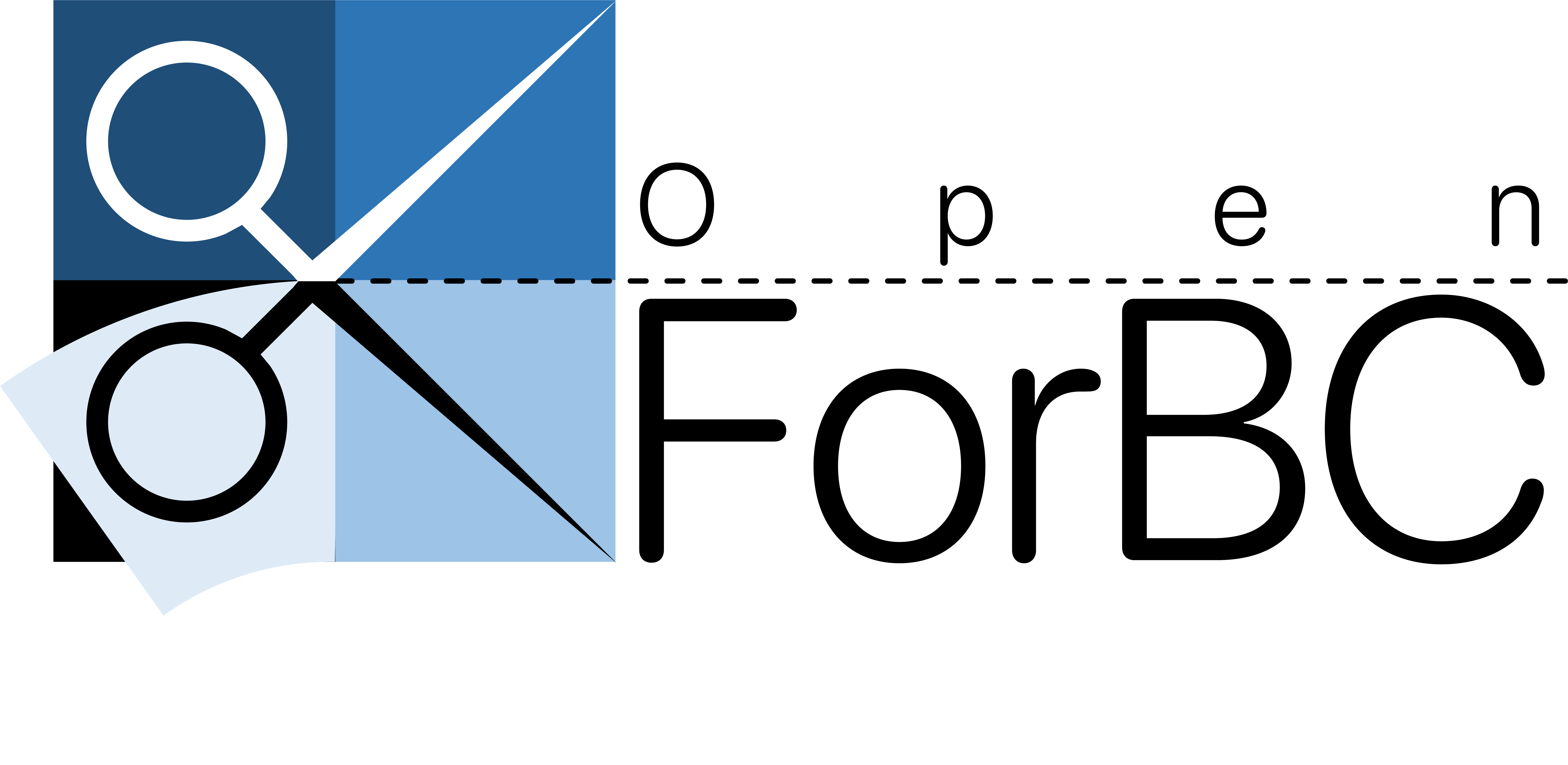 |
OpenForBC is a project from INFN, the public institute for Nuclear and Subnuclear Physics in Italy. It aims at developing a common software layer for effortless partitioning of modern GPUs from different vendors (NVidia, AMD, Intel) for graphical and computing applications in the open-source Linux KVM environment, paving the way for the wide adoption of this approach both in the research and in the industry fields. |
List of proposals |
 |
Phoenix is an experiment-agnostic library for the visualisation of detector geometry and event data in a browser. |
List of proposals |
 |
A modular scientific software framework. It provides all the functionalities needed to deal with big data processing, statistical analysis, visualisation and storage. It is mainly written in C++ but integrated with other languages such as Python and R. |
List of proposals |
 |
RooUnfold is a powerful modular analysis tool for the unfolding (AKA “deconvolution” or “unsmearing”) of distributions. |
List of proposals |
 |
Rucio is an open-source software framework that provides functionality to scientific collaborations to organize, manage, monitor, and access their distributed data and dataflows across heterogeneous infrastructures. Rucio was originally developed to meet the requirements of the high-energy physics experiment ATLAS, and is continuously enhanced to support diverse scientific communities. |
List of proposals |
 |
A vectorized high-performance library usable for fast and accurate geometry computations in very complex setups. |
List of proposals |
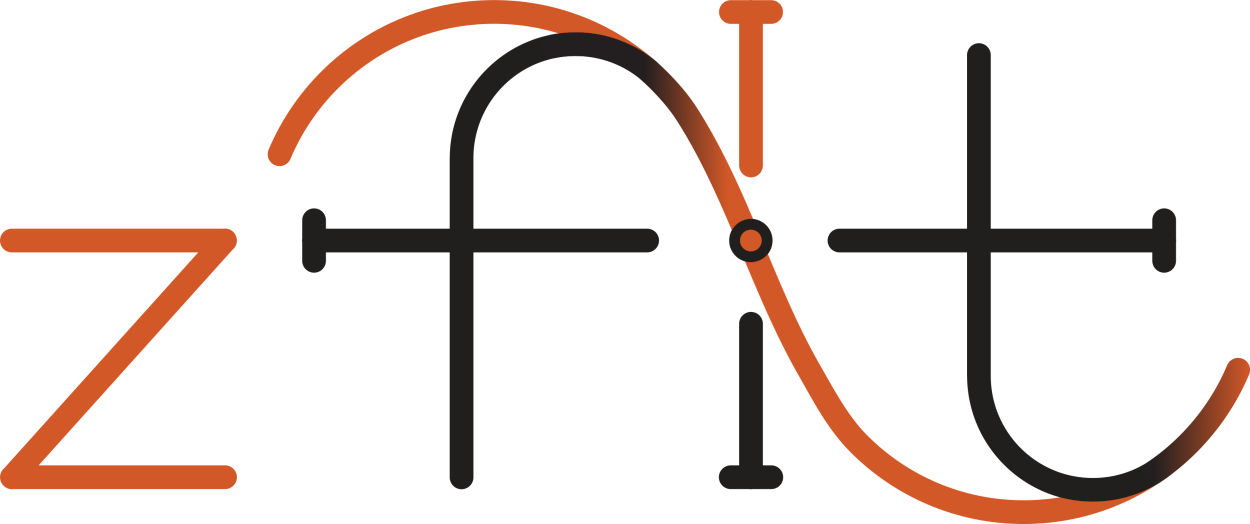 |
zfit is a highly scalable and customizable likelihood model manipulation and fitting library in Python. It uses TensorFlow as its computational backend and is optimised for simple and direct manipulation of probability density functions. |
List of proposals |
Participating Organizations in 2021
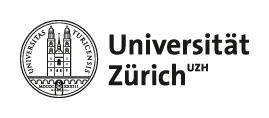 |
UZH (Zürich University; German: Universität Zürich): Universität Zürich is a University made up of seven faculties covering some 100 different subject areas in the city of Zürich, Switzerland. |
List of proposals |
 |
AARNet provides Internet services to the Australian education and research communities and their research partners. AARNet built the Internet in Australia. |
List of proposals |
 |
Argonne National Lab (ANL) is a multidisciplinary science and engineering research center, where talented scientists and engineers work together to answer the biggest questions facing humanity, from how to obtain affordable clean energy to protecting ourselves and our environment. |
List of proposals |
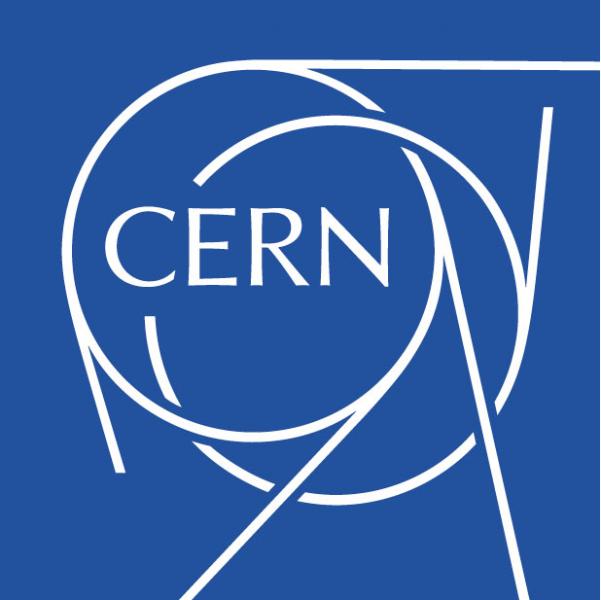 |
At CERN, the European Organization for Nuclear Research, physicists and engineers are probing the fundamental structure of the universe. They use the world’s largest and most complex scientific instruments to study the basic constituents of matter – the fundamental particles. |
List of proposals |
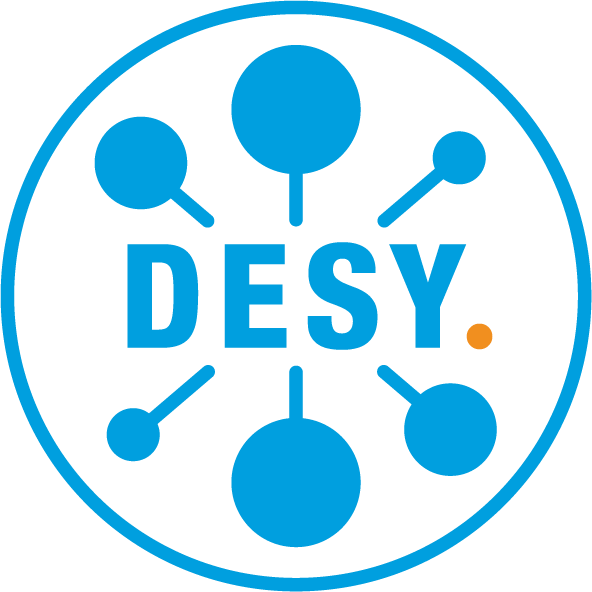 |
The Deutsches Elektronen-Synchrotron (DESY) is a major German physics laboratory with a long interest in high-energy physics. DESY is a major centre for photon science and the site of the European XFEL laser. DESY scientists are part of major international HEP experiments, such as ATLAS, CMS and Belle II. |
List of proposals |
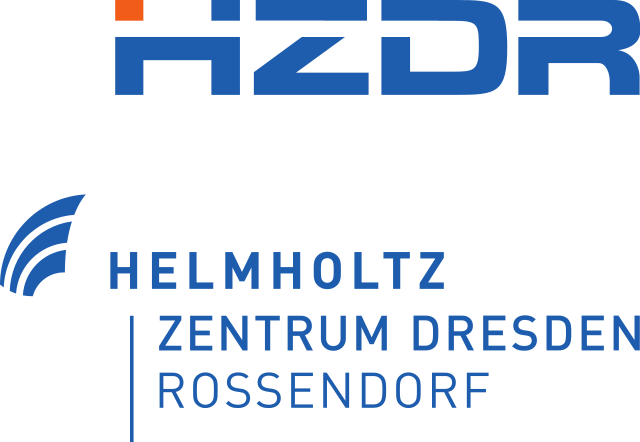 |
The Helmholtz-Zentrum Dresden-Rossendorf (HZDR) is a Dresden-based research laboratory. It conducts research in three of the Helmholtz Association’s areas: materials, health, and energy. HZDR is a member of the Helmholtz Association of German Research Centres. |
List of proposals |
 |
Imperial College London is a world top ten university with an international reputation for excellence in teaching and research. Consistently rated amongst the world’s best universities, Imperial is committed to developing the next generation of researchers, scientists and academics through collaboration across disciplines. Located in the heart of London, Imperial is a multidisciplinary space for education, research, translation and commercialisation, harnessing science and innovation to tackle global challenges. |
List of proposals |
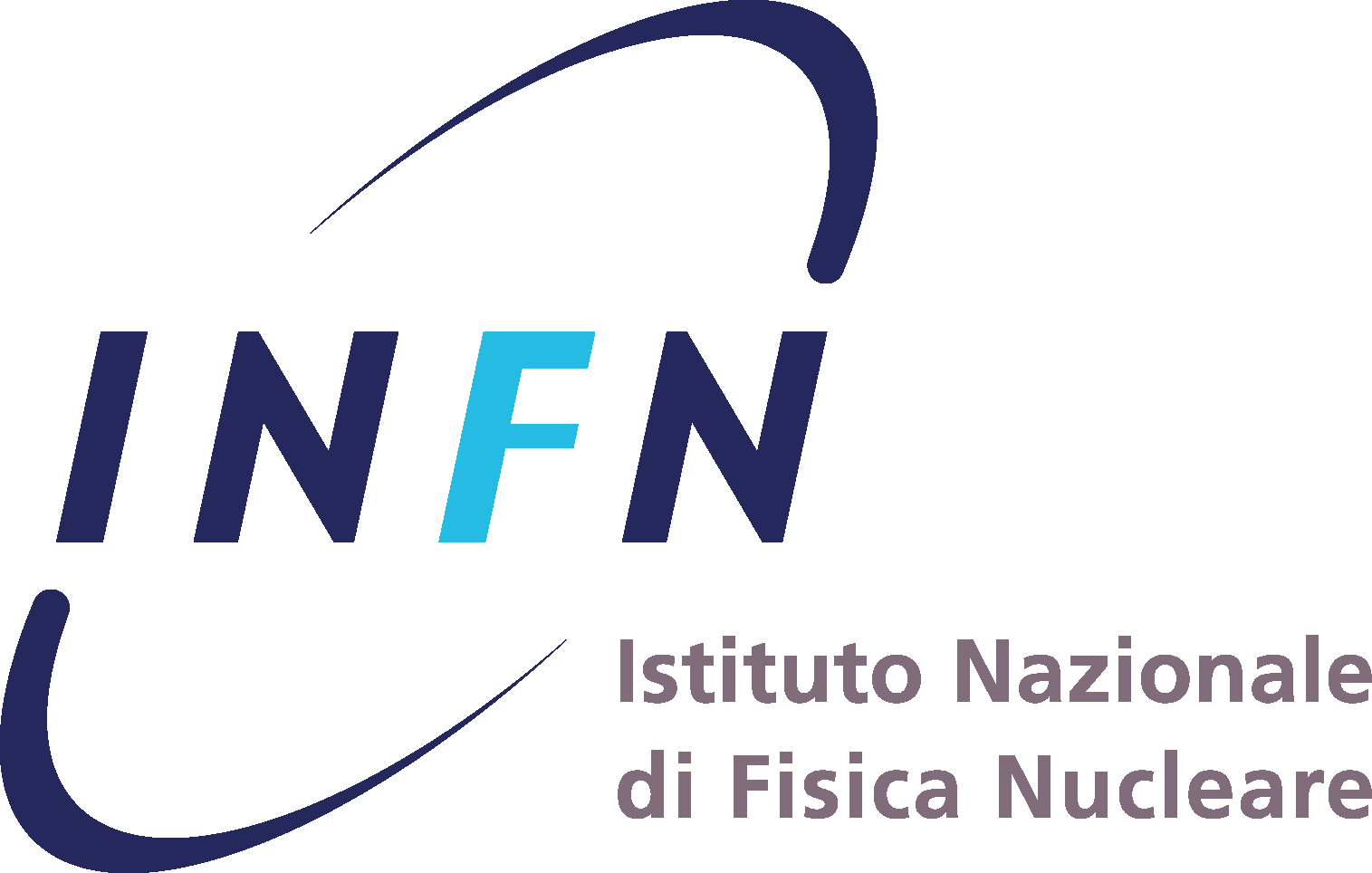 |
The Istituto Nazionale di Fisica Nucleare (INFN; “National Institute for Nuclear Physics”) is the coordinating institution for nuclear, particle and astroparticle physics in Italy. |
List of proposals |
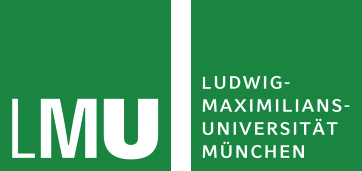 |
LMU The Ludwig Maximilians University in Munich is one of the leading universities in Europe with a history going back over 500 years. It stands for a demanding academic education and outstanding research. |
List of proposals |
 |
Monash University Monash University is one of Australia’s leading universities and ranks among the world’s top 100. We help change lives through research and education. |
List of proposals |
 |
ownCloud GmbH provides an open-source file sync, share and content collaboration software that lets teams work on data easily from anywhere, on any device. |
List of proposals |
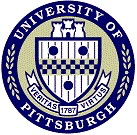 |
The University of Pittsburgh is one of the oldest institutions of higher education in the United States. |
List of proposals |
 |
Princeton University is a private Ivy League research university in Princeton, New Jersey. |
List of proposals |
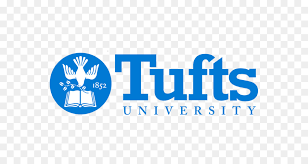 |
Tufts University Tufts is a leader in American higher education, distinctive for its success as a moderately sized university that excels at research and providing students with a personal experience. Our unique combination of research and liberal arts attracts students, faculty and staff who thrive in our environment of curiosity, creativity and engagement. |
List of proposals |
 |
Founded in 1826 in the heart of London, University College London is London’s leading multidisciplinary university, with more than 13,000 staff and 42,000 students from 150 different countries. It is one of the UK’s leading groups in the field of particle physics. |
List of proposals |
 |
The University of Glasgow is a leading UK research university based in Scotland’s largest city. We work on particle physics experiments from the LHC to neutrinos, particle theory from interpretations of Higgs and top-quark measurements to the strong force, and high-performance distributed computing. |
List of proposals |
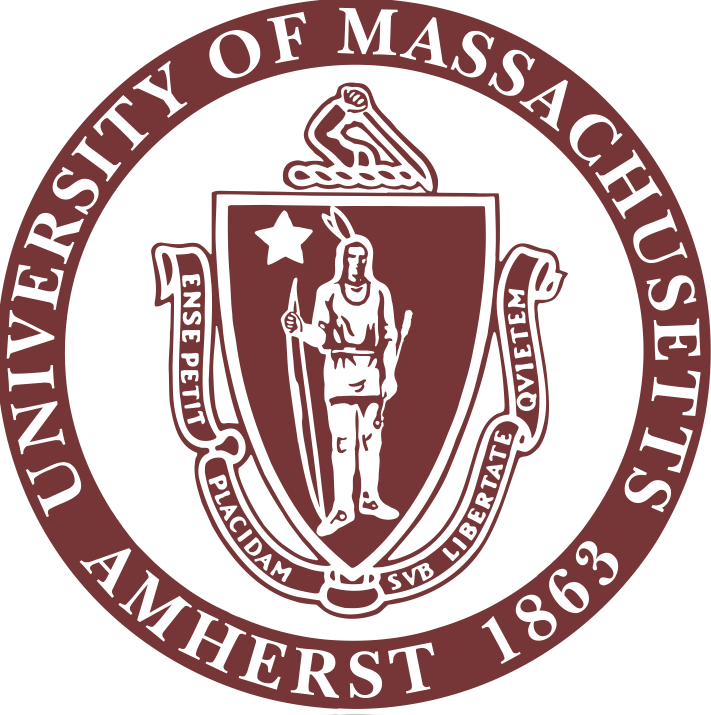 |
UMass Amherst is one of the major public research universities in America. |
List of proposals |
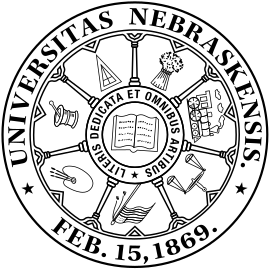 |
The University of Nebraska–Lincoln, often referred to as Nebraska, UNL or NU, is a public research university in the city of Lincoln, in the state of Nebraska in the Midwestern United States. It is the state’s oldest university, and the largest in the University of Nebraska system. |
List of proposals |
 |
The University of Wuppertal is a German scientific institution, located in Wuppertal, in the state of North Rhine-Westphalia. The university’s official name in German is Bergische Universität Wuppertal, or BUW. It was founded in 1972. In 2014/15, approx. 20,000 students were enrolled in a wide range of subjects with many interdisciplinary linkages between a total of 7 faculties. |
List of proposals |
Summary
Contacts
HSF GSoC mentor discussion e-group
HSF GSoC administrators: Andrei Gheata, Antoine Pérus and Xavier Valls